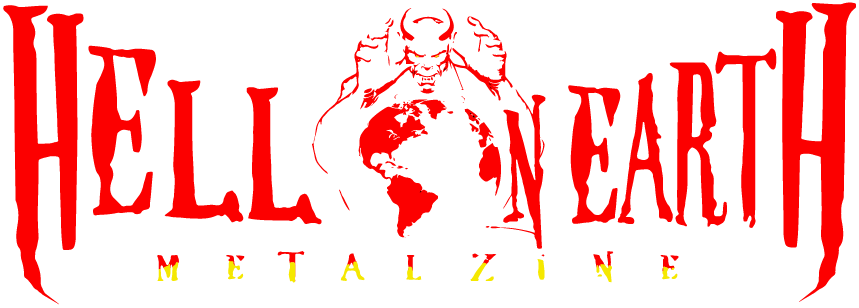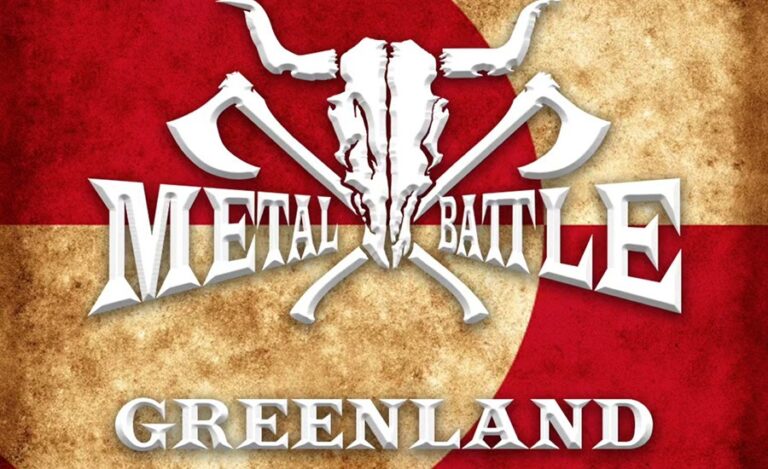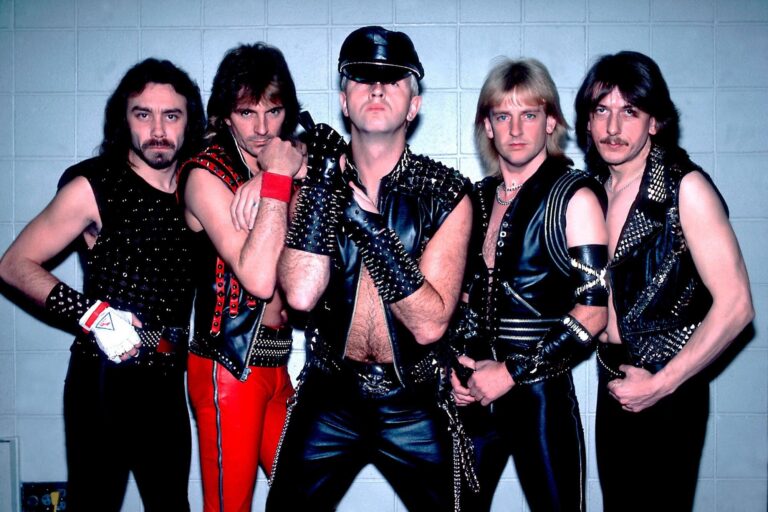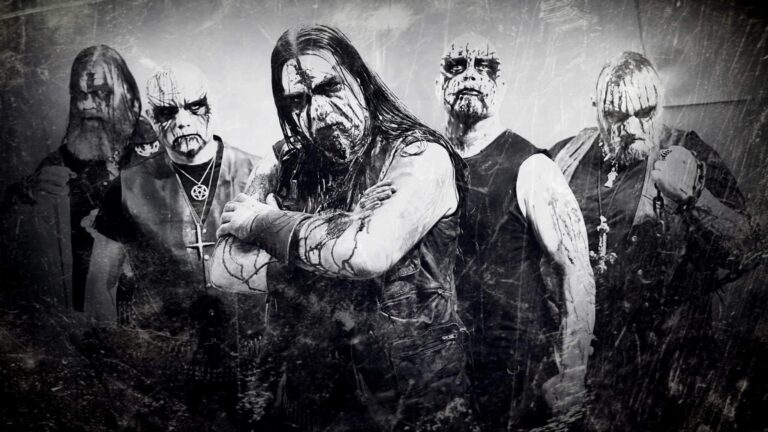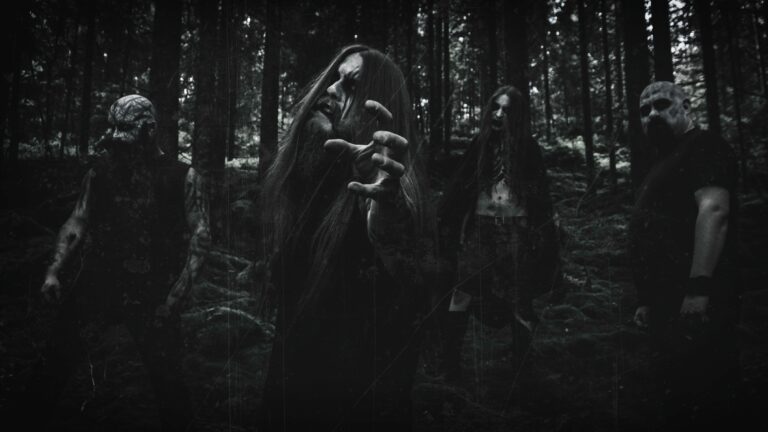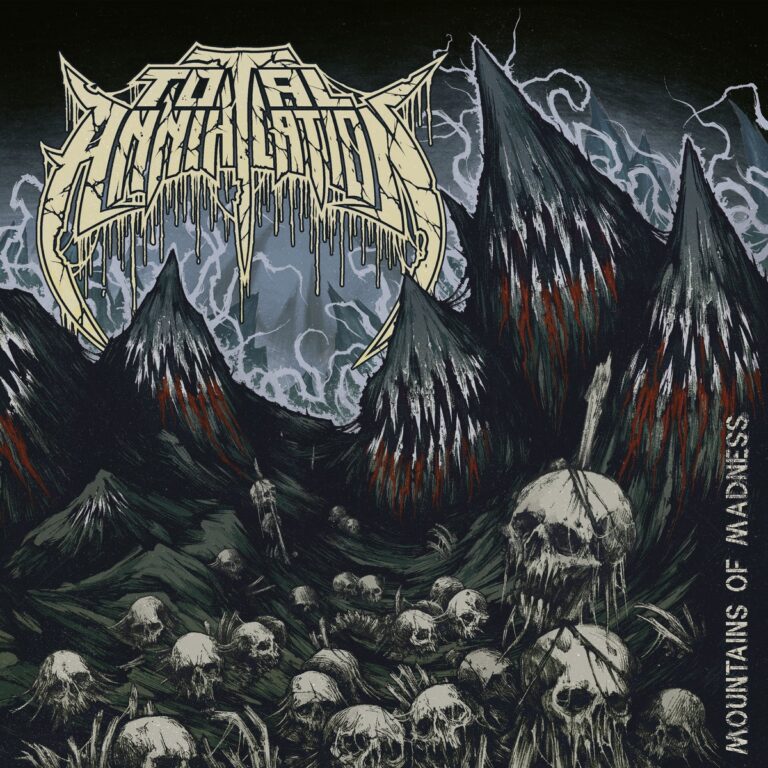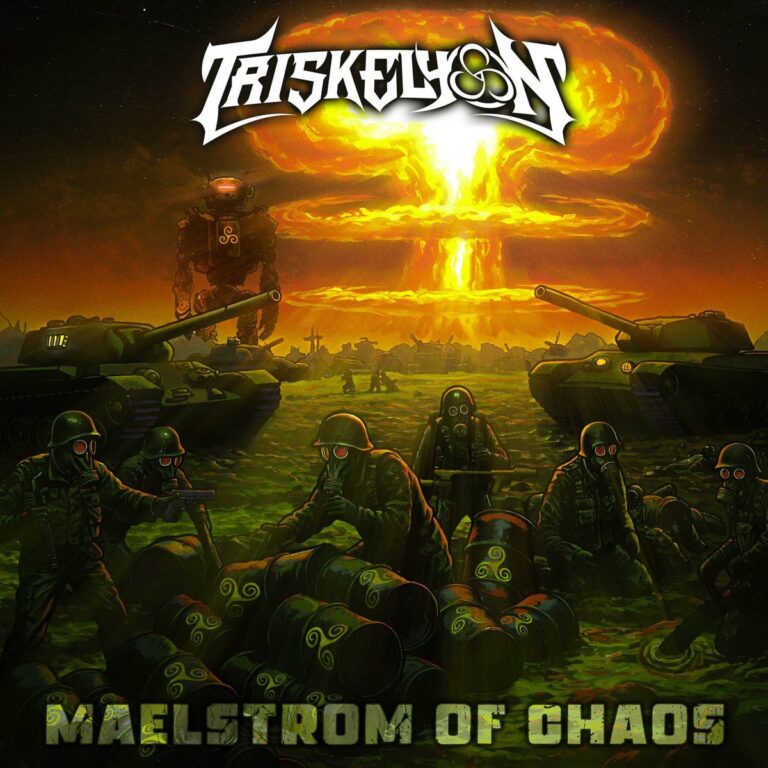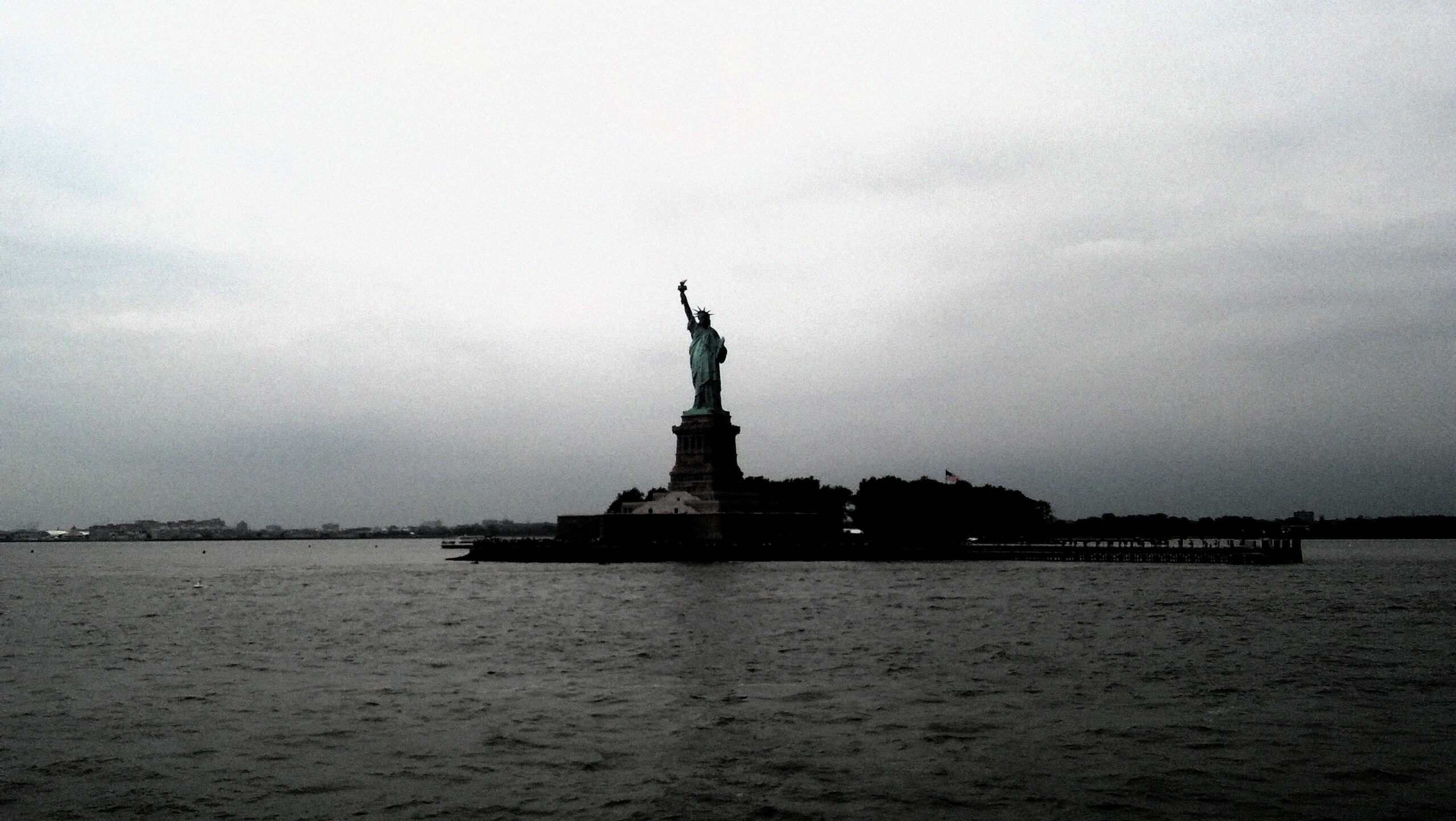
The Norwegian journalist Amund Trellevik was invited to the United States as a guest of the US authorities. A nice programme that is meant to strengthen understanding between the USA and Europe, and the entire set-up – travel, meetings, visits – was planned and paid for by the US State Department. Yet it all ended in a bizarre twist, where we got to opposite of good relationship – he never received a visa, despite full openness about everything from his job to his social media. It all says something uncomfortable about today’s USA, about how the country treats critics and journalists – and about how social media is now used as a tool of control in the visa system.
The USA stands out with its social media requirements
In recent years, the USA has formalised something most other Western countries have not: making social media an obligatory part of the visa application. On the electronic DS-160 form, most visa applicants must list usernames/handles for all accounts they have used over the past five years – on platforms such as Facebook, Instagram, X, LinkedIn, YouTube, Flickr and a long list of others. In 2025, the USA went even further for many students and exchange visitors: several embassies and official channels have introduced a practice where F, M and J visa applicants must not only list their accounts but also set them to “public” so that consular staff can review the content. Applicants are explicitly warned that omitting accounts or refusing access can lead to rejection and even make them ineligible for future visas. Officially, this is about identity checks and security. In practice, it means that anyone applying for a visa to the USA must expect that photos, political posts, discussions and snarky comments can all become part of the assessment. For journalists – it cuts straight to the core of press freedom and source protection.
The story: From guest of honour to unwanted
In an opinion piece in Aftenposten, Trellevik describes how he was recently nominated for the International Visitor Leadership Program (IVLP), a flagship programme that since 1940 has been used to build relationships, shape the USA’s reputation and “win hearts and minds” among selected politicians, journalists and public figures. Together with a group of European journalists, he was to travel around the USA for two weeks, visiting newsrooms and universities, meeting authorities at various levels and discussing the media landscape, democracy and press freedom – all organised and funded by the US authorities.
Then came the visa interview at the embassy in Oslo. This is where Trellevik says things start to get “interesting”. All social media accounts must be opened up. They want the usernames. The accounts must be public. Snapchat, Facebook, Instagram, LinkedIn, Flickr – the list is long. He is given a document explaining that limited access to online activity can be interpreted as an attempt to hide something. In other words: if you use privacy settings the way many of us do, it can be held against you. For a journalist this is a direct collision with fundamental principles. To give the authorities of a foreign country this kind of insight, not as part of a targeted investigation but as a standard condition for being allowed to visit the country, is a serious threshold to cross. Even so, as he himself describes it, Trellevik chooses to be pragmatic: unlock the accounts, swallow a few principles in order to do his job, see the USA with his own eyes and report back home on what is happening there.
The visa never arrives
After the meeting at the embassy, the process continues. The programme is confirmed, the route is set, the cities are listed, diplomats go through the purpose of the stay. Everything looks set for a trip that both the USA and the participants can point to as successful “soft diplomacy”. But then it stalls. The weeks go by. There is no conclusion on the visa application. Trellevik receives the same standard lines in reply: You will be notified when processing is complete. The diplomats who nominated him have no insight into what is happening. Eventually the passport arrives back in the post – without a visa. No explanation, no reasoning, no appeal process that offers any real clarity.
Trellevik himself points out that he has never been arrested, has not used drugs and has no known criminal record. Nor has he been a particularly visible commentator on US domestic politics. The only thing he can speculate about is whether a Facebook post in which he linked to Russian coverage of the storming of Congress in January 2021 was interpreted as “suspicious” in a visa system increasingly obsessed with digital traces and “hostile attitudes”.
That an investigative journalist from a NATO country, invited by the US authorities, opens all his social media accounts to them – and still receives a refusal with no explanation – sends a clear signal. Not only to him, but to other journalists, academics and activists who are considering travelling to the USA to cover developments there.
The bizarre logic of invitation first, rejection afterwards
For most countries, it would be a diplomatic scandal to invite guests through the foreign ministry and then deny them entry without explanation. For today’s USA, it almost appears as a logical extension of a system where security logic trumps everything else – including reputation, press freedom and political symbolism.
Once again, many are left asking what on earth is happening in the USA. The country is no longer an obvious, frictionless destination for media workers. Digital footprints, old posts and private accounts can be used against you in a process where you have no insight into the criteria. Not even countries we usually prefer not to compare ourselves with, such as North Korea and Russia, do this.
